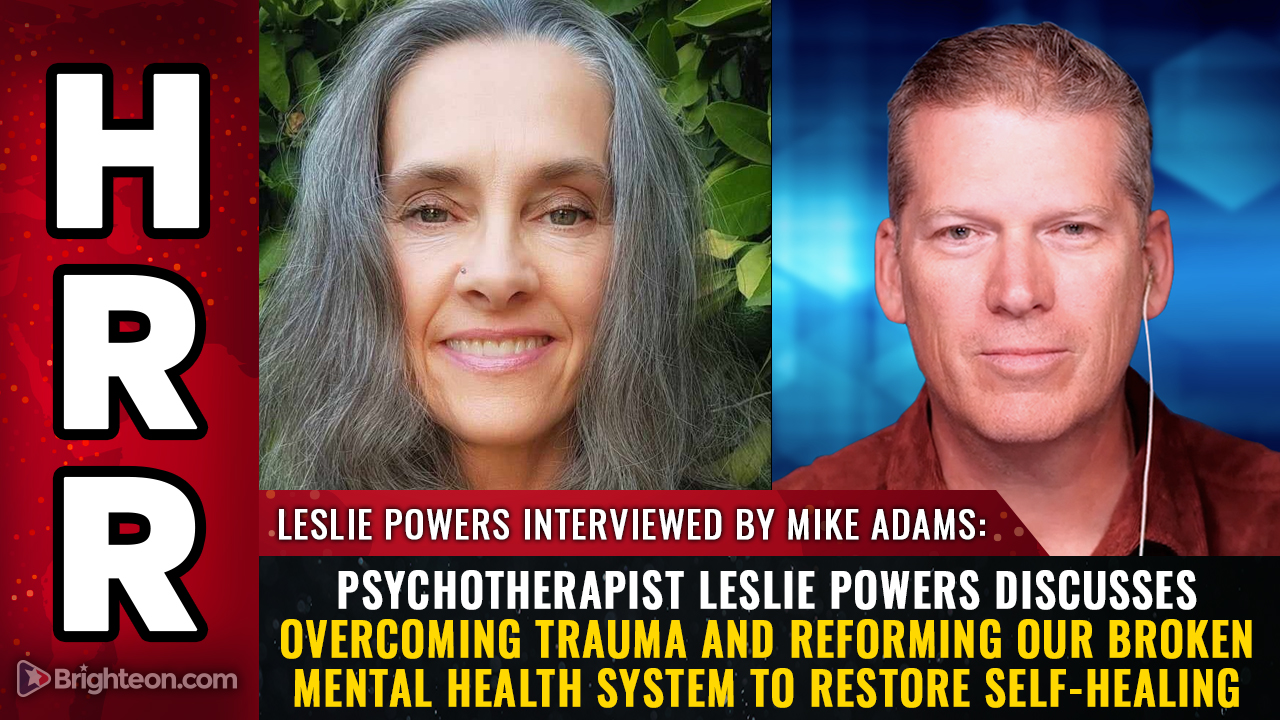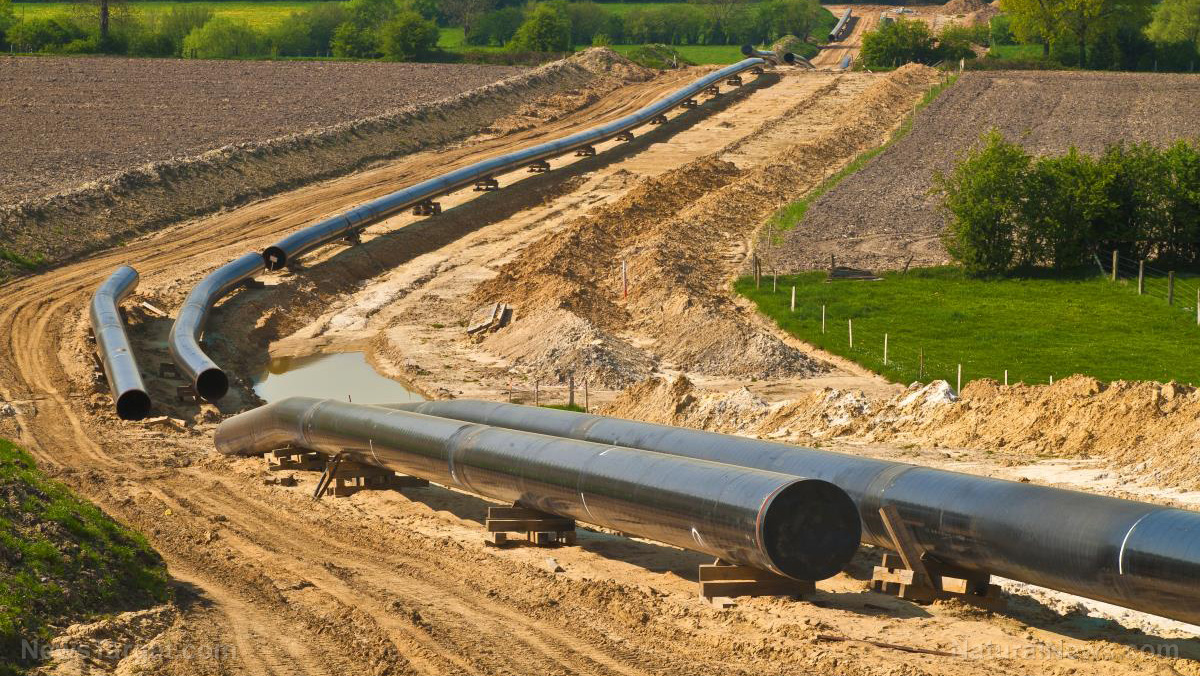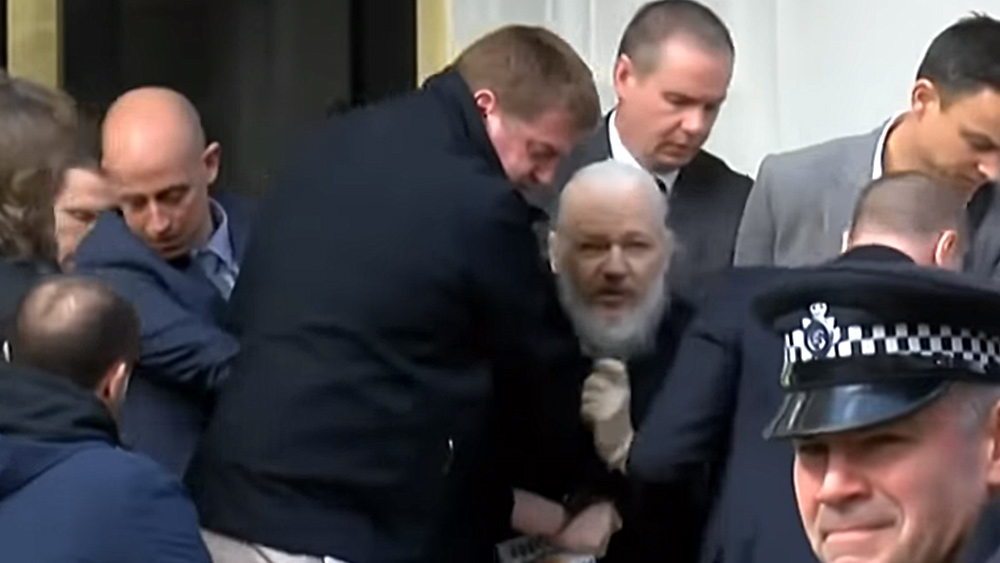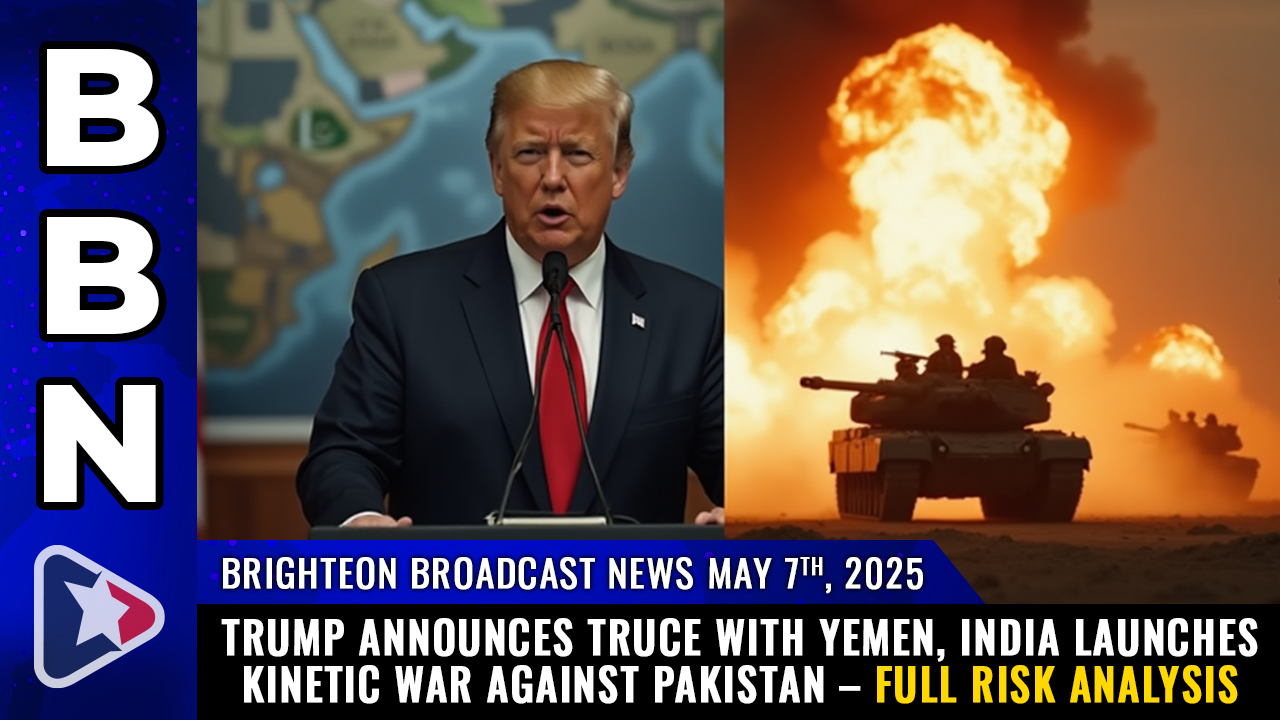Chinese influencer's viral call for revolution sparks debate on U.S. oligarchy and trade war fallout
By willowt // 2025-05-06
Tweet
Share
Copy
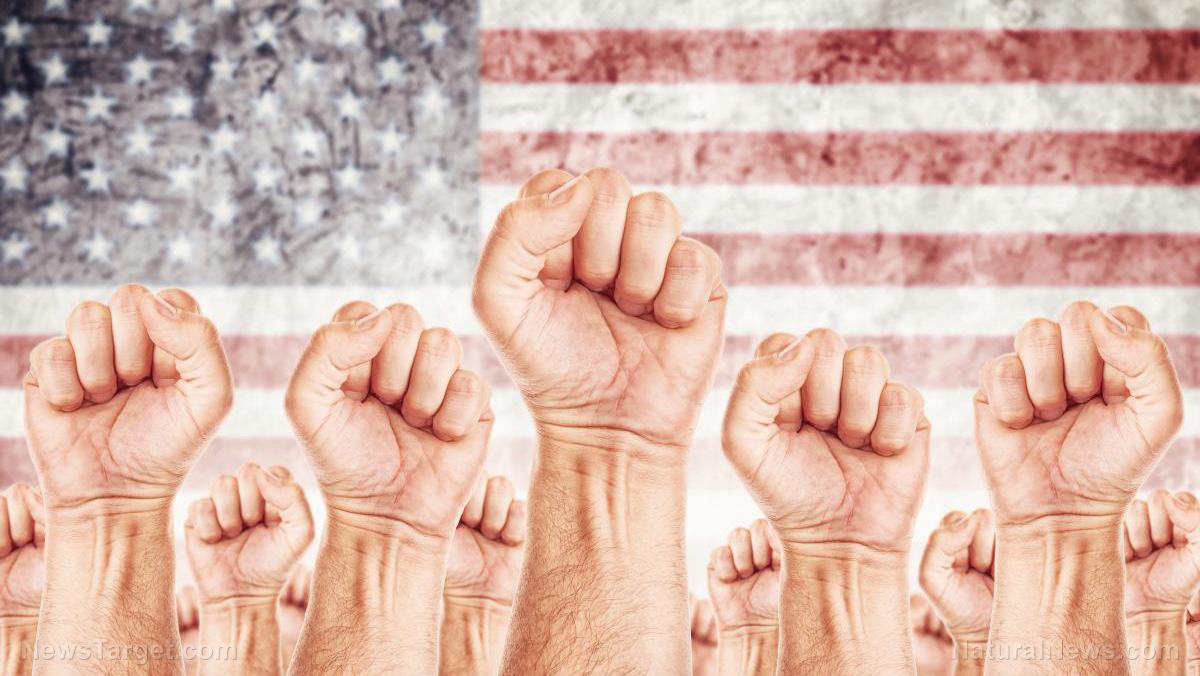
- Chinese influencer Neil Zhu's viral video accuses American elites of enriching themselves while hollowing out the middle class through offshoring jobs, stagnating wages and accumulating debt. His message resonates with frustrated audiences.
- Zhu argues that U.S. trade policies benefit oligarchs, not workers, declaring, "You don't need a tariff, you need a revolution." He contrasts China's reinvestment in infrastructure with U.S. elite spending on luxury and speculation.
- Zhu's critique aligns with populist concerns (from Bernie Sanders to Tucker Carlson) about deindustrialization and corporate greed. A 2024 Pew study found 62% of Americans believe the system serves the powerful, not the people.
- While China amplifies anti-U.S. propaganda (e.g., calling America a "paper tiger"), it faces its own crises: 20% youth unemployment and a property market collapse, fueling public anxiety despite nationalist rhetoric.
- The video reflects deepening distrust in U.S. institutions, echoing historical warnings (e.g., Eisenhower’s "military-industrial complex"). Analysts stress the need to rebuild systems that prioritize citizens over elites to restore faith in democracy.
The hollowing out of the American Dream
Zhu's argument hinges on a stark contrast. While China reinvested trade windfalls into infrastructure and poverty reduction, he claims U.S. elites squandered wealth on luxury and speculation. "They bought yachts, private jets and mansions with golf course driveways," he said. "You get stagnated wages, crippling healthcare costs and debt." His critique echoes concerns raised by figures across the political spectrum, from Bernie Sanders to Tucker Carlson, about deindustrialization and corporate greed. Historical context amplifies the urgency. Since the 1990s, U.S. manufacturing employment plummeted by nearly 30%, while executive pay soared. The 2008 financial crisis and COVID-19 pandemic further exposed systemic inequities, fueling populist movements on both the left and right.Left vs. Right – a distraction?
Zhu's most controversial claim is that partisan politics is a smokescreen. "You have to look beyond left and right because that's how they control you," he argued. This sentiment finds traction among disillusioned voters. A 2024 Pew Research study found that 62% of Americans believe the political system "mostly works to benefit the powerful," regardless of party. Critics, however, warn that such rhetoric risks oversimplifying complex issues. "Blaming 'oligarchs' ignores the role of policy failures and global economic shifts," said economist Dr. Laura Chen of the Brookings Institution. "But his core point – that working-class Americans have been betrayed – is hard to dismiss."China's propaganda war and domestic strains
Zhu's message arrives as Beijing intensifies its anti-U.S. propaganda. State media has revived Mao-era slogans, calling America a "paper tiger," while social media floods with memes mocking U.S. economic struggles. Yet China faces its own challenges: Youth unemployment exceeds 20%, and the property crisis lingers. The Communist Party's response? Double down on nationalism. "Believe in China. Believe in tomorrow," urged the People's Daily this month. But as tariffs bite, ordinary Chinese are hoarding goods and buying gold – a sign of anxiety beneath the defiance.A revolution or a reckoning?
Zhu's call for revolution is unlikely to spark mass unrest, but it underscores a deepening crisis of faith in institutions. From Eisenhower's 1961 warning about the "military-industrial complex" to today's distrust of media and government, the U.S. faces a pivotal moment. "The question isn't just about tariffs or trade," said national security analyst Mark Reynolds. "It's whether America can rebuild a system that serves its people – not just its elites." As Zhu's video spreads, it's a question more Americans are asking. The viral appeal of Zhu's message reveals a hunger for change – but also a dangerous vacuum of leadership. Whether through policy reforms, grassroots movements or heightened civic engagement, the path forward demands confronting uncomfortable truths about power, privilege and patriotism. For now, Zhu's words linger like a challenge: Will America heed the warning, or will the oligarchs win again? The answer may define the nation's future and its place in a world where distrust is the new currency. Sources for this article include: TheWinePress.Substack.com TikTok.com Economist.comTweet
Share
Copy
Tagged Under:
economy China national security corruption conspiracy big government deception deep state revolution revolt resist communist China uprising influencer TikTok oligarchs class war Neil Zhu
You Might Also Like
Psychotherapist exposes how the mental health system fails patients and practitioners alike
By Finn Heartley // Share
China’s tariff evasion tactics could mean CHEAPER goods for American consumers
By Willow Tohi // Share
Midwest farmers FIGHT BACK against CO2 pipeline land grabs
By Willow Tohi // Share
Health Ranger Report: Zach Vorhies dives into the PSY-OPS and FAKERY of the Julian Assange trial
By Kevin Hughes // Share
Recent News
Prepping on a budget: 8 Recession-proof projects to start on your homestead
By zoeysky // Share
Psychotherapist exposes how the mental health system fails patients and practitioners alike
By finnheartley // Share
